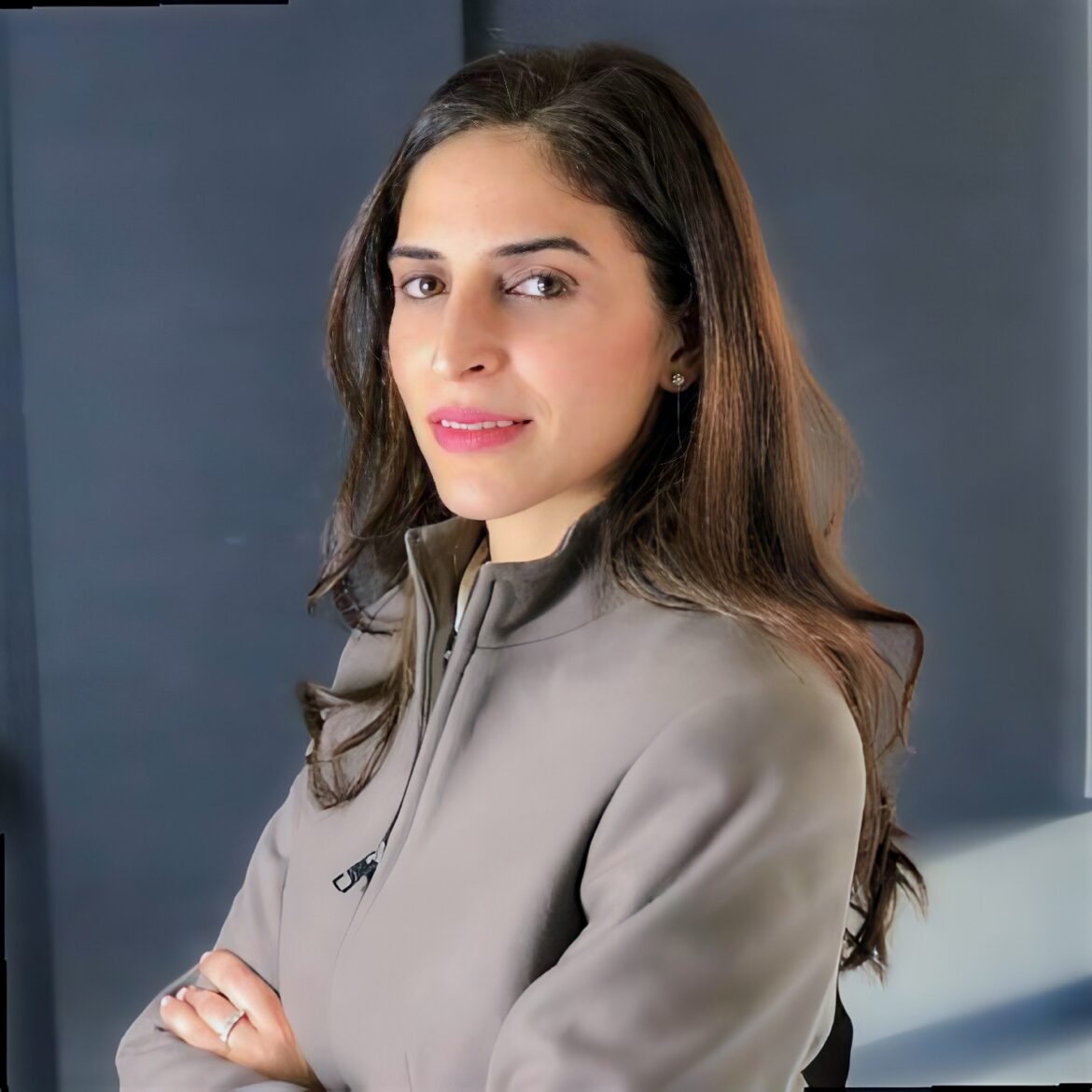Growing up in Morocco, Zineb Drissi-Kaitouni, founder of DabaDoc saw the inefficiencies in accessing healthcare. Seeking medical attention involved long waiting times, difficulty securing appointments, and limited availability of healthcare professionals. These barriers significantly impacted patient outcomes in certain regions. People often visit multiple clinics to find a doctor to solve their medical problems.
One day, while trying to book a medical appointment for a family member, Zineb experienced frustration herself. Calls to clinics went unanswered, appointment slots were unavailable, and there was no easy way to find alternative doctors. At that moment, she realised that technology could solve this problem.
The issue wasn’t a lack of qualified doctors but rather a lack of organisation and accessibility in the healthcare system. Medical appointments were managed manually, with no centralised scheduling or availability tracking system.
Founding DabaDoc
With her background in finance and technology, Zineb Drissi-Kaitouni saw a huge opportunity to create an online platform that would instantly connect patients with doctors. She partnered with her brother, Driss Drissi-Kaitouni, who specialised in software development, and together, they built DabaDoc in 2014.
The major challenge they experienced was convincing doctors to go digital. Many medical professionals were unfamiliar with online booking systems and hesitant to change. So, the co-founders started visiting doctors’ offices across Casablanca, explaining the platform’s benefits and convincing them to sign up. At first, many doctors were sceptical and reluctant to abandon traditional appointment booking methods. However, as early adopters saw the benefits, more doctors joined, and the platform began gaining momentum.
Under her leadership, DabaDoc expanded its services beyond Morocco to countries like Algeria and Tunisia within a year of its inception. By 2022, the platform boasted over 12 million users across several African nations, facilitating appointments with over 10,000 health professionals across 100 medical specialities.
For video consultations in Morocco, general practitioners typically charge between 150 and 250 Moroccan Dirhams ($15.13-$25.22), while specialists may charge between 200 and 500 Moroccan Dirhams($20.18- $50.45).
Additionally, DabaDoc offers a service called DabaDoc Consult, which allows individuals in the African diaspora to purchase vouchers for video consultations on behalf of their relatives in Africa.
Zineb Drissi-Kaitouni and her team have led DabaDoc to secure strategic partnerships with leading global companies to accelerate its impact. In April 2021, Orange Middle East and Africa invested in the platform, providing financial backing and technological expertise to expand DabaDoc’s services. This collaboration facilitated DabaDoc’s launch in Côte d’Ivoire, furthering its mission to enhance healthcare accessibility across the continent.
Additionally, partnerships with AXA and other key stakeholders have bolstered its market position, allowing it to compete effectively with global health tech giants. Through DabaDoc, Zineb Drissi-Kaitouni is disrupting the traditional healthcare model and has demonstrated the power of tech-driven solutions in improving lives across Africa.



